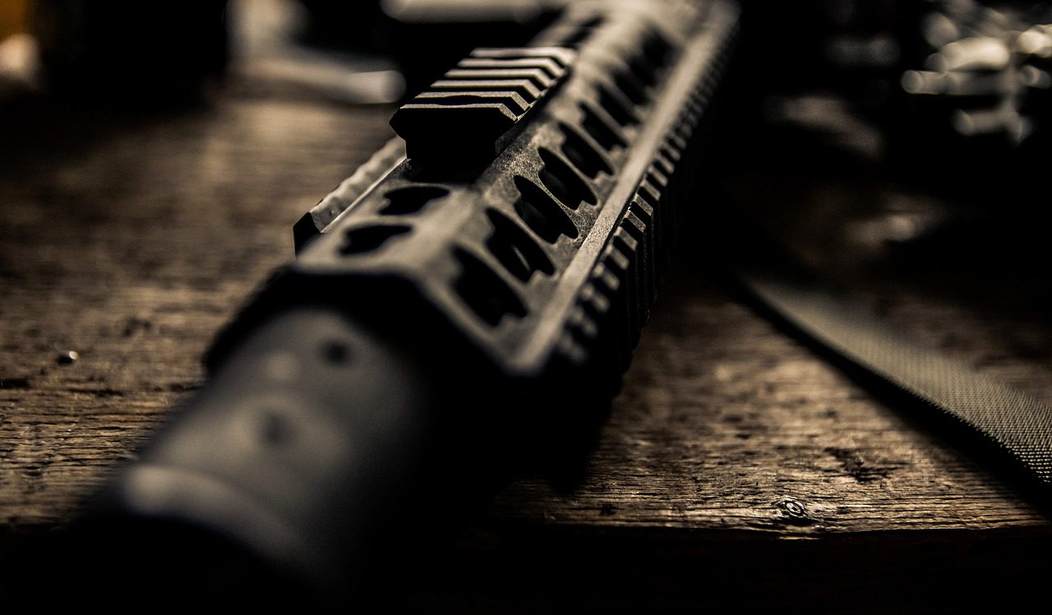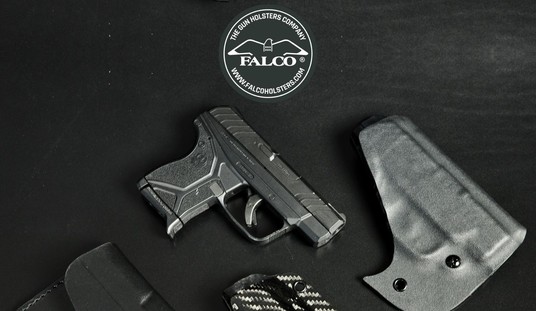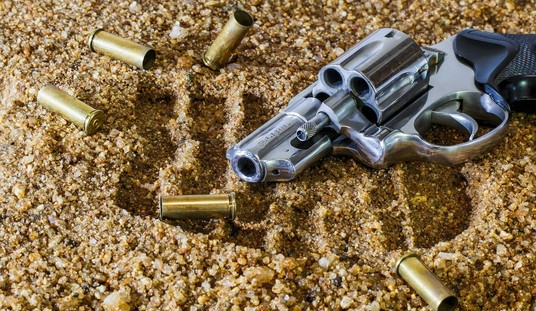You know we live in crazy times when the Ninth Circuit Court of Appeals, which has long been hostile to our right to keep and bear arms, is being cited by the National Rifle Association in an attempt to overturn a gun control law. But after a three-judge panel on the Ninth Circuit recently ruled that California’s ban on “assault weapons” purchases by adults between the ages of 18-20 was a violation of the constitutional rights of young adults, the NRA was quick to point to the decision in its lawsuit challenging a similar ban on gun purchases by under-21s approved by the Florida legislature and then-Gov. Rick Scott in 2018.
In a new court filing with the Eleventh Circuit Court of Appeals, which is currently considering the NRA’s case, the Second Amendment organization argues that it’s clear the law is depriving young adults of their right to purchase a firearm.
“The Ninth Circuit has confirmed that the Second Amendment protects young adults’ right to purchase firearms,” NRA attorney John Parker Sweeney wrote.
The California law also requires hunting licenses for people under age 21 who are purchasing long guns such as rifles or shotguns, except for members of the military or law enforcement.
“California’s law is less restrictive than Florida’s, which bans all young adult firearm purchases,” Sweeney noted.
Key legal arguments in the Florida case hinged on a 2008 U.S. Supreme Court ruling in a case known as District of Columbia v. Heller. While the ruling is broadly considered a major victory for gun-rights supporters, it also said certain “longstanding prohibitions” about guns do not violate the Second Amendment and established that the constitutional right to keep and bear arms is “not unlimited.”
The Heller case pointed to prohibitions on such things as felons and mentally ill people possessing guns. In his June ruling, Walker concluded that restrictions on 18-to-20-year-old people buying guns were “analogous” to the restrictions cited in the Heller case.
But the 9th Circuit ruling found that “the historical record shows that the Second Amendment protects young adults’ right to keep and bear arms.”
The decision also “held that law-abiding, responsible young adults are categorically distinct from felons and the mentally ill and cannot be subjected to the same prohibitions,” Sweeney wrote.
The state of Florida, meanwhile, is taking the position that the Ninth Circuit decision is a legal outlier that should have no bearing on its own law, with Senior Deputy Solicitor General Christopher Baum declaring that the West Coast court “misread” the Supreme Court’s decision in Heller. Instead, Baum argues that just because the Heller decision didn’t include young adults among those who can be prohibited by law from possessing a gun, that doesn’t mean that states must allow 18, 19, and 20-year olds to be able to buy one.
“That is why so many courts have upheld restrictions not on that list as longstanding,” Baum argued. “By treating the ‘enumerated categories’ in Heller as exclusive, the panel’s ruling (in the California case) is contrary to other decisions from the Ninth Circuit itself.”
Baum also argued that the panel “discounted most of the relevant Reconstruction era law” by saying that historic prohibitions only banned the sale of handguns.
“Laws from that period restricting access to ‘the quintessential self-defense weapon,’ … however, show that laws restricting those under 21 from purchasing firearms for self-defense are longstanding and thus permissible,” Baum wrote.
The Eleventh Circuit isn’t bound by the new Ninth Circuit decision, and can give it as much or as little consideration as it wants in its examination of Florida’s ban on gun sales to under-21s, but the original trial court judge in the Florida case also seemed to believe that Florida’s law may be constitutionally suspect. Judge Mark Walker ruled that the law could stand based on Eleventh Circuit precedent, but also said that the law in question falls “squarely in the middle of a constitutional no man’s land.”
… Walker’s ruling also raised questions about the law, which would not prevent people under age 21 from, for example, receiving guns from family members. Walker acknowledged a “colossal challenge” that lawmakers faced after the Marjory Stoneman Douglas shooting.“That said, this court has grave concerns about the balance the Legislature struck,” Walker wrote. “While the act appears broad on its face, as defendant (the state) argues, many 18-to-20-year-olds who wish to obtain a firearm will be able to do so through parents or other relatives. Whether this is an effective check on rash decision-making, this court cannot say. But it is clear that this law will have little impact on many, if not most, 18-to-20-year-old Floridians. In short, then, it is not clear how much the act does to prevent tragedies like the one at Marjory Stoneman Douglas High School.”Walker also raised questions about how the law would apply to people who cannot get guns from relatives.“Worse still, it is likely that these particular 18-to-20-year-olds are the ones who actually need firearms to defend themselves; they are likely independent, likely to live in dangerous neighborhoods, and likely to have families and children of their own,” he wrote. “Why should the 20-year-old single mother living on her own be unable to obtain a firearm for self-defense when a 20-year-old living with their parents can easily obtain one?”










Join the conversation as a VIP Member